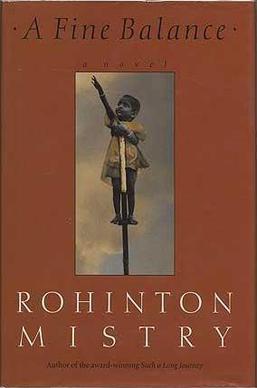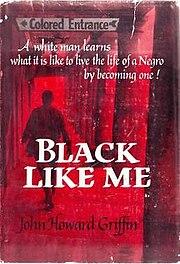 Into the Wild by Jon Krakauer
Into the Wild by Jon KrakauerI did something with this book I don't normally do: I watched the film version first. The film was done remarkably well by writer-director Sean Penn, so much so that it has become the most affecting movie I've ever seen. I couldn't seem to shake the story out of my head - the young, 23-year old Christopher McCandless, who, from 1990-1992, escaped society and the constraints of his parents to travel the American West, eventually leading to his final, greatest adventure: his Alaskan odyssey. Inspired by writers like London, Tolstoy, and Thoreau, McCandless planned to "live off the land," and, in April 1992, carried nothing into the unforgiving wild but some bare necessitities, including a .22 caliber rifle and a 10-pound bag of rice. Yet, as both the movie and Krakauer make clear, McCandless wasn't quite the ignorant, reckless kid many Alaskans and critics have made him out to be. As the author points out, McCandless would have had to have been knowledgeable enough to have lasted in the wild for as long as he did (approximately 4 months).
The movie follows McCandless's journey very accurately, give or take some select things. What the book offers more so than the movie, however, is a look at Chris's young self - who he was in high school, university, the people he hung out with, and how he had always "marched to the beat of his own drum." It also gets into more detail of the grief suffered by his family and those he met on the road after they learned of his death, and details some stories of Krakauer himself, and other travelers who met their ends in equally tragic ways. In doing so, Krakauer attempts to shed some reasoning behind why McCandless wanted a solitary life in the wilderness more than anything else.
What is it about this story that is so captivating? It could be knowing the ambition of McCandless - how he said he would do something, and he went after it, and yet perished; it could be his youth; it could be how he died; it could be the people he met and left behind who mourn him still. Or, maybe it's because we all have a bit of wanderlust in us, and wonder what it would be like to take to the road and live without items we have been told by society are "necessities" for our survival. Except, in our case, we don't actually follow through with it.
Yet, it wasn't a simple case of wanderlust that drove McCandless. It wasn't a passing thought, an act of rebellion. It was something spiritual. McCandless was drawn "past the edge of the known world, by nothing more than a hunger of spirit, a yearning of such queer intensity that it beggars the modern imagination" (97). Indeed, perhaps what makes the story so tragic in the end is that we can't fully understand it.



 A Long Way Gone: Memoirs of a Boy Soldier by Ishmael Beah
A Long Way Gone: Memoirs of a Boy Soldier by Ishmael Beah


